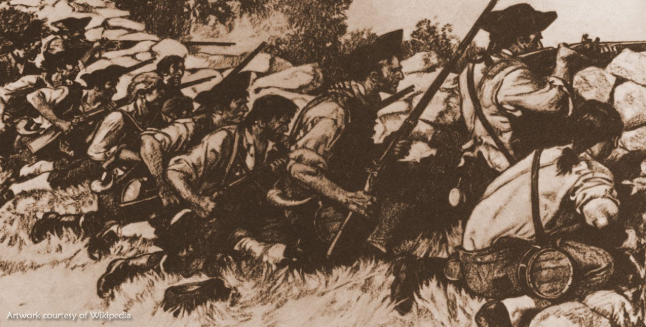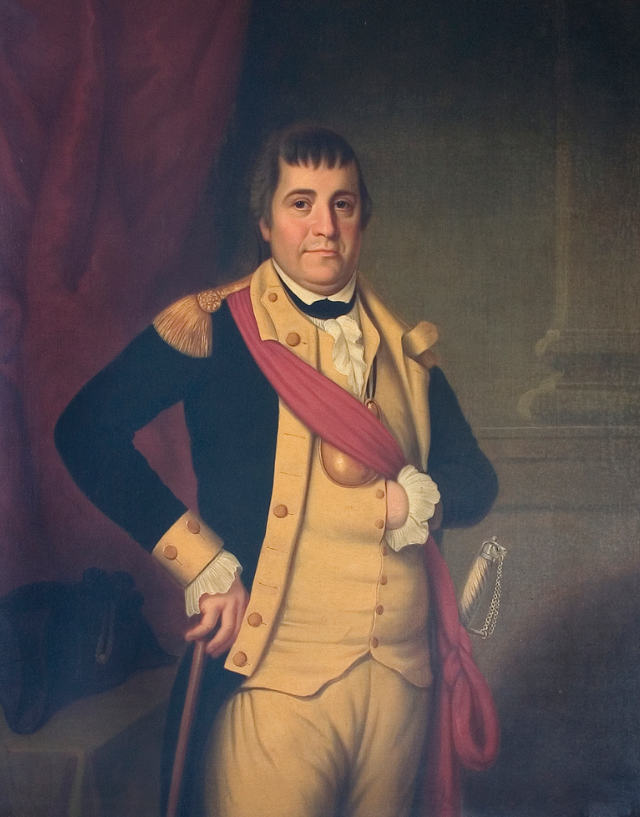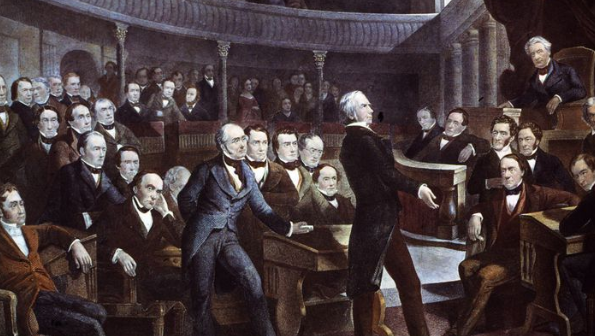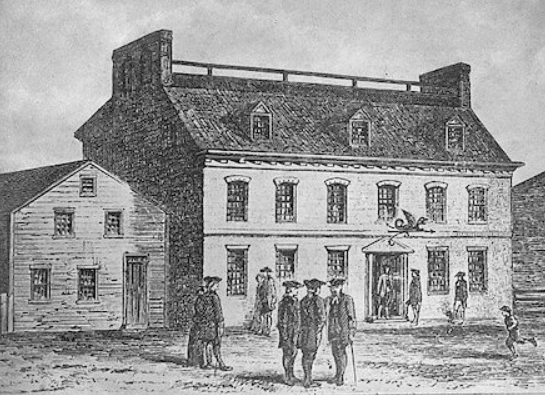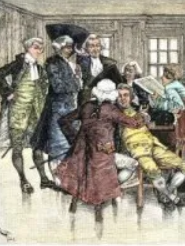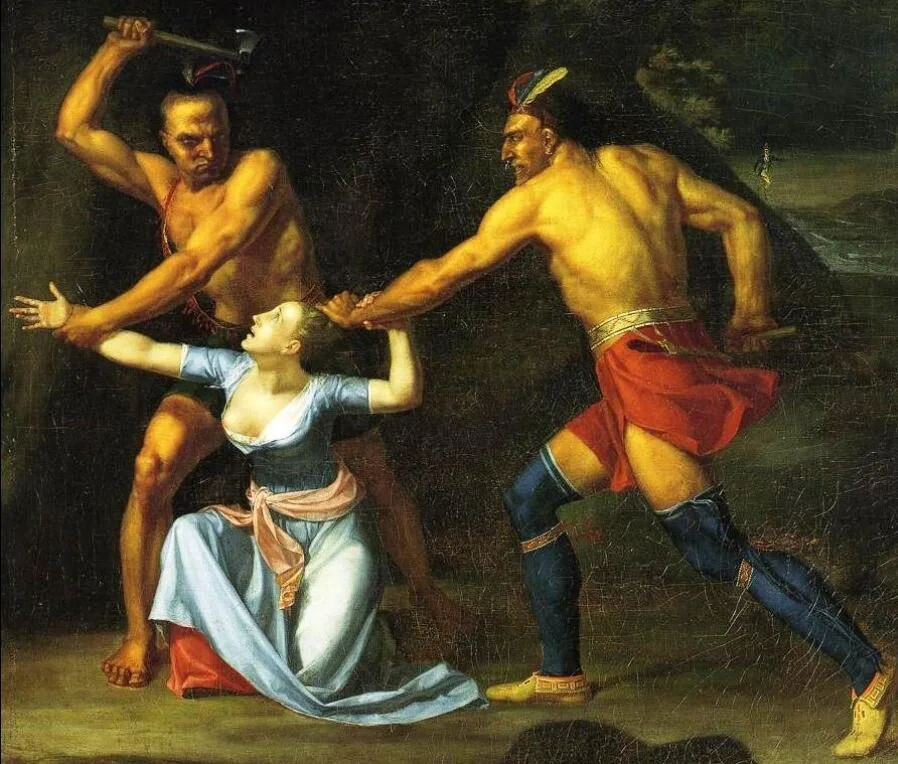Cheney Clow's Loyalist Rebellion...And His Murder Trial
Let’s clarify right off the bat...Cheney Clow was NOT an American Founder.
He was a Loyalist. I suppose you could call him an Anti-Founder.
However, he participated in two events in Delaware during the Revolution that are too fascinating not to discuss.
Cheny Clow
Cheney Clow was born and raised on the Delaware side of the Maryland/Delaware border.
He was a small time farmer and family man who sided with the Tories when the Revolutionary War began.
Clow was given an officer’s commission and received a small band of Loyalist militia to lead.
Clow Rebellion
Clow set up a makeshift fort on an island in the Chester River from which he hoped to protect shipments of British supplies during the Forage War.
American Colonel Charles Pope led a small contingent of men to attack Clow’s fort.
Although there was a brief firefight, Cheney and his men fled the island and Pope burned down his fort.
It is interesting that history has viewed this action as a ‘rebellion’ rather than a ‘battle.’ This seems to be due to the fact that these were Loyalists (as in, Delaware residents) as opposed to British soldiers.
Arrest
Cheney Clow returned to his home where he refused to take the Oath of Allegiance to the Patriots. This should have led to his property being seized but, for reasons unknown, he remained on his land.
Four years later, as the Revolutionary War was winding down, a Sheriff was sent to the Clow home to arrest Cheney.
Sources differ as to the reason for his arrest. While there are many claims that he was accused of treason, the most likely case is that Clow had refused to pay taxes to the new State Government.
Either way, the Clow family refused to go quietly into the night and a firefight broke out.
Murder Trial
During the brief exchange, one of the men who came to arrest Clow was killed.
Cheney was brought to trial but, surprisingly, most of the witnesses said he was innocent.
Even the Sheriff, whose man was killed, stated that the victim was shot in the back...meaning it was friendly fire.
Despite these circumstances, Clow was convicted and sentenced to death.
The Wait
Due to a combination of political pressure and public sentiment, Clow’s execution was delayed.
And delayed.
And delayed.
After six long years in prison, Clow wrote to the Governor of Delaware with an ultimatum...issue a pardon or get with the executing.
The decision was to string up the noose.
In 1788, while the rest of the young nation was going through the process of ratifying the Constitution, Cheney Clow was hung for a crime he may not have committed.
Do you want to learn more about LOYALISTS in the Revolutionary War?
Check out these articles:
That Their Sentiments Might Be Know - A Loyalist Meeting at Abraham Hatfield’s
Pity in the Field - Daniel M’Kissick Trades Lives With a Loyalist
William Allen - The Loyalist Who Built Independence Hall
Delaware is a small State that played a big role in the American Revolution.
If you’d like to learn more about it’s part in the Revolutionary War, check out ‘Revolutionary Delaware.’
If you’d like a copy you can get one through the Amazon affiliate link below (you’ll support this site, but don’t worry, Amazon pays me while your price stays the same).
Want to get fun American Revolution articles straight to your inbox every morning?
Subscribe to my email list here.
You can also support this site on Patreon by clicking here.
Thanks for your support!
